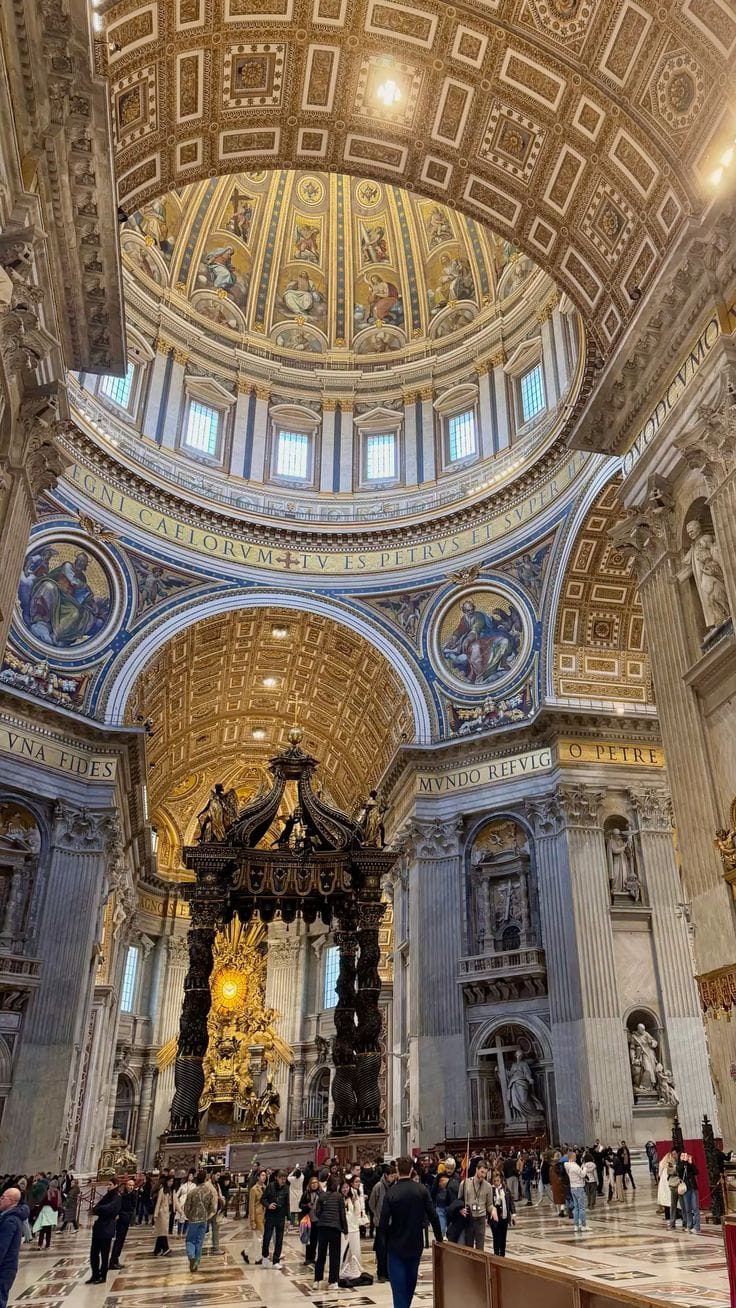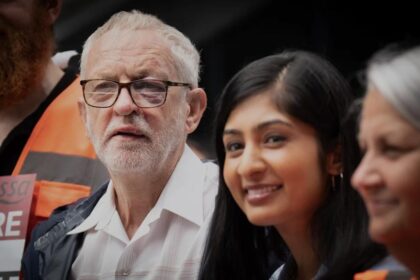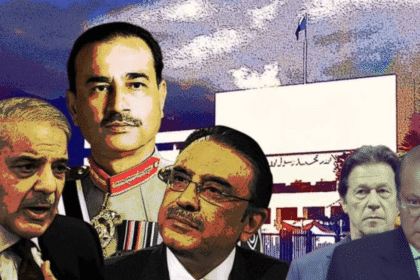Vatican’s Secret Diplomatic Empire: Beneath the grandeur of St Peter’s Basilica, behind the scarlet robes and fawning attendants and gilded ceilings, there is a power so still that it rumbles in war zones, in peace treaties, in closed-door negotiations between far-flung countries. The Vatican, a country just a little bit bigger than a suburban golf course, oversees one of the world’s least understood and most underestimated diplomatic networks. And it’s not just the Holy See. It is a geopolitical whisperer, a soft-power behemoth in cassocks, a type of diplomacy both singular and intriguing.
The Vatican maintains diplomatic relations with over 180 countries and serves as a permanent observer to the United Nations. It sends papal ambassadors, or nuncios, to embassies from Kinshasa to Kuala Lumpur, sometimes operating as intermediaries where secular envoys are too afraid to tread. This little-known ecclesiastical messenger corps, a heady mix of religious pageantry, moral suasion, and Jesuitical discretion, cuts through the ecclesio-political storm flaring through Rome. It is not a diplomacy of domination; it is a diplomacy of devotion.
Vatican’s Secret Diplomatic Empire
What differentiates the Vatican’s foreign policy machinery is that it doesn’t possess an army, a budget, or an oil reserve, and it doesn’t have to manage a gross domestic product. Its currency is trust. Or, more specifically, the fact of canonical neutrality and centuries-old moral experience. Which is why, as an example, a rebel commander or political leader will take a call from the Pope’s emissary while they wouldn’t dream of giving the United Nations a moment’s thought. What the Vatican doesn’t require is a veto at the Security Council; it simply needs the power to veto silence.
That power can be traced to the 19th-century Concordats, but the Vatican only became a full-fledged go-between during the Cold War. In Eastern Europe, it was papal diplomacy, rather than a challenge, that unravelled Communism not immediately, but conscientiously. Pope John Paul II’s sojourns in Poland, conducted under the watchful eye of the KGB and the CIA, were not simply pastoral visits; they were acts of sotto voce defiance. The Church was a sanctuary for both sedition and souls, a role that will leave you impressed and enlightened.
In a more recent behind-the-scenes role, Pope Francis helped broker secret negotiations between Cuba and the United States, which resulted in the restoration of diplomatic relations in 2014. And then there were the headlines featuring Barack Obama and Raúl Castro. Still, when Obama delivered the letters, forged the language, and knitted a history of mistrust, Vatican intermediaries were the passers, the writers, and the stitchers. “We provided for a peaceful transition of power in Iraq and Afghanistan, so we could focus on things like engineering frank, honest talks between Cuba and the United States,” as President Obama himself put it at the time. “His Holiness Pope Francis issued a personal appeal to me and Cuba’s President Raúl Castro, urging us to resolve our differences.” The Vatican may not have been on the ballot or the battlefield, but it was always present, a source of inspiration and hope.
Papal appearances in Africa have frequently carried an ethically influential wallop. Consider the Central African Republic, where the Vatican engineered the signing of a peace agreement between the warring parties to great applause over spiritual unity. When Pope Francis came to Bangui in 2015 and strolled through streets pockmarked with bullet holes, it was not only symbolic. It was a calculated intervention. In that spirit, the Vatican’s leadership does not begin with sanctions or statements, but with sacraments. The Mass is transformed into a rally, and the sermon serves as a dog whistle.
The chessboard is more complicated in Asia. Nothing demonstrates this better than the tenuous truce the Vatican has been trying to negotiate with China. Chinese Catholics have been split for decades between an underground Church loyal to Rome and a state-sanctioned version loyal to Beijing. And in 2018, a tentative deal allowed both to breathe in the same incense-scented air. It was controversial, intensely opaque, but it was all very Vatican. It would rather meet in back rooms than briefings, and shake hands instead of hashtags.
Critics argue that such opacity is harmful to victims of state repression. I ask this because it is the Church that insists on a moral watchdog around the table of authoritarianism. The Vatican might respond that, in pragmatic terms, that would not be a betrayal. That Christ sat down to meals with tax collectors, not because he accepted them, but because he wanted to challenge them. And this is where the tension between moral absolutism and diplomatic flexibility comes to a head, a tension that the Vatican bears with the same grace as a cardinal’s robe or vestments.
The position of the Church appears to be a dubious one in the present grey world crisis. The Vatican did not mention Moscow by name when Russia invaded Ukraine. It decided to talk in the language of pain, of brotherly condolence, of shared loss. Others accused the Pope of false equivalency. For others, it was seen as an attempt to maintain open communication lines with all parties, including both sides. Or cowardice, or calculation, but the effect was the same: The Holy See could still occupy some ground as a neutral and credible broker, even as other institutions were forced to jump into the fray. “There’s no such thing as a good war, or a bad peace,” Pope Francis said in a 2023 speech. The war is a defeat for mankind. This intermediary role of the Vatican, so neutral and so credible, should be a matter of comfort and a source of confidence in its traditional influential power.
What might make the Vatican’s machinery of diplomatic relations so thrilling is, perhaps, not only that it works, but that it has worked for so long. In a world obsessed with the gruff, the transactional, and the hyper-visible, the Vatican refuses “to get with the programme” and sticks to its own obstinate, even anachronistic script of secrecy. It still values patience as a tactic, silence as a virtue. This is not diplomacy for the headlines; it’s diplomacy for history. The patience and silence employed by the Vatican as a strategy should garner some respect or appreciation from the public.
Its ambassadors aren’t mere ambassadors. They are the stewards of global morality, keepers of soft power. In a time of power so often tallied in noise, Vatican traffic murmurs, and those grumbles have moved mountains.
Question now arises: how does one reconcile this paradoxical empire, a microstate that eats macro, or a Church masquerading as a state, or vice versa? Just perhaps, by finally recognising that the Vatican’s true genius isn’t the separation of church and state, but the separation of presence and pressure. And it arrives without needing space. It engages without entangling. Not harsh, and not gentle, but sacred.
After all, the Vatican’s diplomatic empire is less about control than about credibility. And in the cynical geopolitics of today, credibility is harder to come by than oil, more valuable than armaments. It is the final institution for which one can speak in parables and for generals to take you at your word. That is not just history. That is power by other means.













